
In its Executive and Technical Committee meetings in Hong Kong on 4 and 5 March 2019, INTERCARGO highlighted the importance of investigating incidents and the subsequent publication of casualty investigation reports in a timely manner, in order for lessons to be learned, and urged all relevant administrations, that have not done so, to investigate incidents and publish the reports – especially the one concerning the Stellar Daisy.
During the meetings, INTERCARGO (the International Association of Dry Cargo Shipowners) re-iterated its commitment to a safe, efficient, high quality and environmentally-friendly dry cargo shipping industry and its support for an industry governed by free and fair competition.
The main topics discussed were:
-Safe carriage of cargoes and investigation of casualties: Moisture related cargo shifting, widely referred to as liquefaction, continue to be a major concern for dry bulk shipping, the association said, noting that cargo liquefaction continues to pose a major threat to the life of seafarers.
"While the ship operators need to be especially cautious when loading cargoes (prone to liquefaction) during wet season, as currently being experienced in certain parts of South East Asia, it is paramount that the shippers and the local authorities fulfill their obligations as required by the IMSBC Code."
Air emissions: Despite supporting the 2020 sulphur cap, the Association stressed the safety issues that are likely to arise with this regulation.
"The successful, effective and orderly implementation of the regulation rests, not only with ship operators, but equally with the IMO Member States and with suppliers (involving oil refineries, bunker suppliers and Charterers), who need to secure the worldwide availability of safe compliant fuels - a particular problem for ships in the dry bulk tramp trades."
INTERCARGO also welcomed the initial strategy for the reduction of GHG from ships adopted by IMO. The ambitious objectives that have been set will require in the long term adequate innovative technological solutions, which are non-existent yet, as GHG emissions largely depend on the design and the technology of the constructed ships, their engines and machinery, and the fuels used for propulsion.
"So it is crucial that charterers, who have the responsibility about how ships are utilised for the transport work and speeds, along with shipbuilders, engine manufacturers, and fuel suppliers also get involved in IMO’s deliberations."
BWM management: INTERCARGO highlighted that it remains committed to investigating the ongoing practical problems in retrofitting existing dry bulk ships with BWM systems and operating them. Implementation challenges also include adequate worldwide spares and service support for these systems, the availability of proven systems, which can perform under all conditions.
"Achieving the effective implementation of the BWM Convention requires the manufacturers and ship operators to work closely together. We urge the port States not to develop more onerous local requirements for ballast water on top of IMO’s Convention."
Port reception facilities: Compliance with the discharge requirements of MARPOL for cargo residues and cargo hold washing water which may be Hazardous to the Marine Environment (HME) depends largely on the availability of adequate (e.g. per cargo type) Port Reception Facilities (PRFs).
"The non-availability and adequacy problems of PRFs unfortunately continue. We would urge a more effective system by IMO for information collection and sharing to ensure compliance."
Source:Intercargo
Please Contact Us at:
admin@xindemarine.com


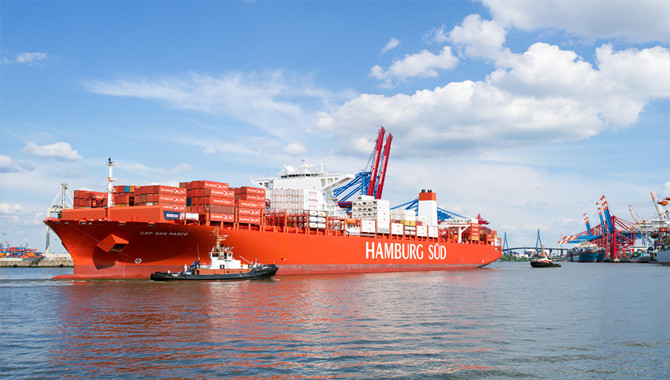 Maersk to integrate Hamburg Süd and Sealand
Maersk to integrate Hamburg Süd and Sealand  Launch of the construction of the first Ro-Ro saili
Launch of the construction of the first Ro-Ro saili 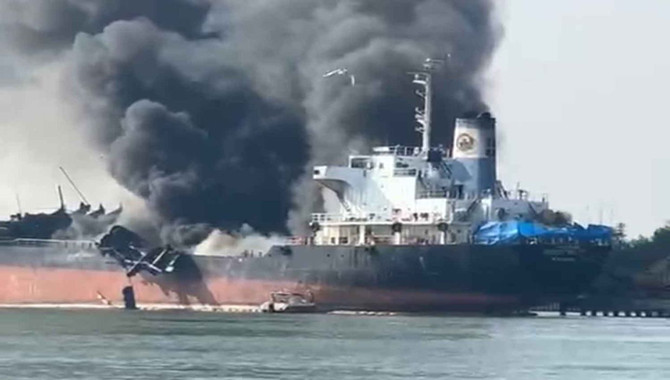 Oil tanker explosion kills at least 3 in central Th
Oil tanker explosion kills at least 3 in central Th 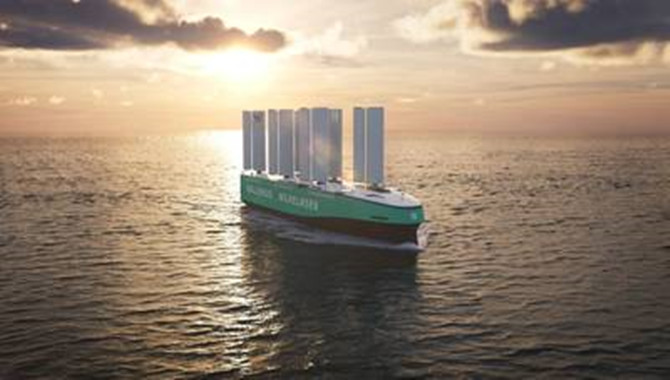 Wind-powered RoRo Vessel Secures €9 Million in EU
Wind-powered RoRo Vessel Secures €9 Million in EU 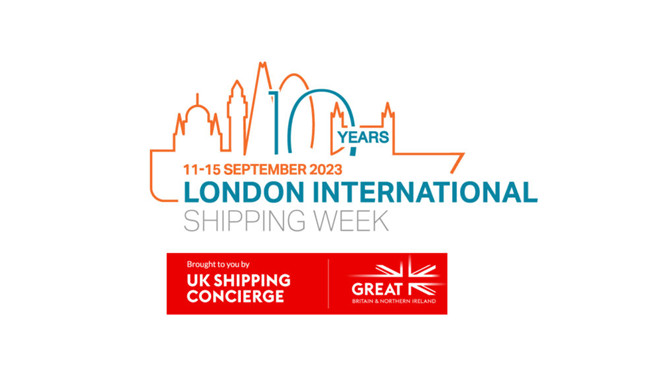 London plays a pivotal role as shipping seeks to re
London plays a pivotal role as shipping seeks to re 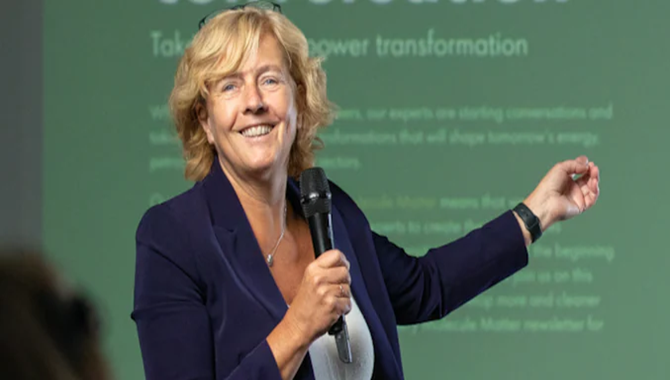 Shell unveils five energy sector trends to watch in
Shell unveils five energy sector trends to watch in